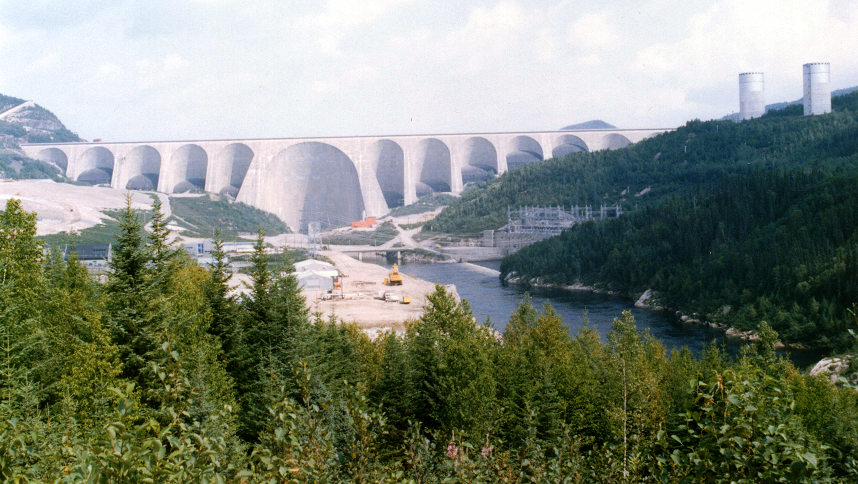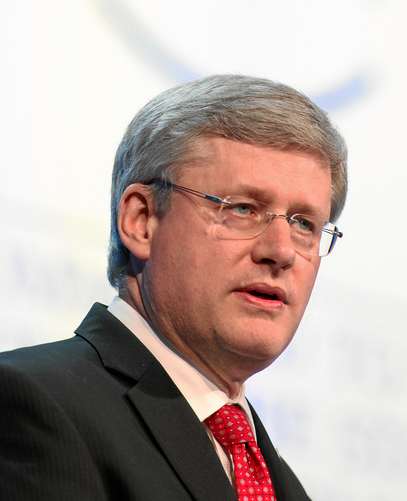Towards the end of the 20th century, a new global concern emerged. Sounding the alarm, scientists from all over the world reported a significant deterioration of certain ecosystems, particularly in the Arctic. Governments had to take on an additional responsibility: the fight against climate change, which grows more serious year after year. This political responsibility has been accompanied by pressure exerted by civil society calling for better handling of the climate crisis.
Faced with this crisis, countries around the world met to identify solutions to the environmental problem. In 1997, Canada and 83 other states signed the Kyoto Protocol, implemented in 2005. By joining, the signatory states committed to reducing their greenhouse gas emissions.
Greenhouse gases are one component of the atmosphere. They get their name from the way they act like a greenhouse surrounding the planet, trapping heat and, in turn, heating the planet.
Greenhouse gas emissions are produced in many different ways, including the melting of glaciers that contain these gases, livestock farming, cars and consuming certain resources such as oil and carbon.
To address the situation, provincial governments along with the federal government adopted several laws to limit the impact of industries and consumerism on the environment.
In 2006, the Quebec government led by Jean Charest adopted the Sustainable Development Act, committing the government to taking the environment into account in each of the province’s new development projects. This proposed law also aimed to encourage citizens and private groups to do the same to protect the environment.
The Sustainable Development Act does not only address environmental concerns: it also aims to ensure social equity in Quebec’s economic development.
Social equity refers to providing fair and equitable conditions for all human beings. It is based on the fundamental principles of human rights, collective responsibility and personal liberty.
Environmental groups want the Quebec government to become independent from fossil fuels, such as oil and natural gas, because they are a major source of pollution. Resource exploitation is a very important factor in environmental debates. Renewable energy sources such as hydroelectricity and wind power are encouraged because they are much greener options.
Quebec met its Kyoto Protocol commitments thanks to hydroelectricity, which uses water–a renewable resource.

For its part, Canada has not been able to fulfill its commitments. Mining tar sands and then extracting oil from them is a large part of the country’s economy, but it also has a very negative impact on the environment. To avoid the financial penalties imposed by the international community, Stephen Harper’s conservative government decided to withdraw from the Kyoto Protocol in 2012.
